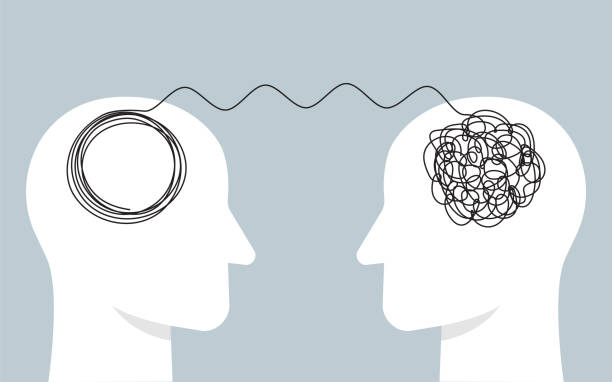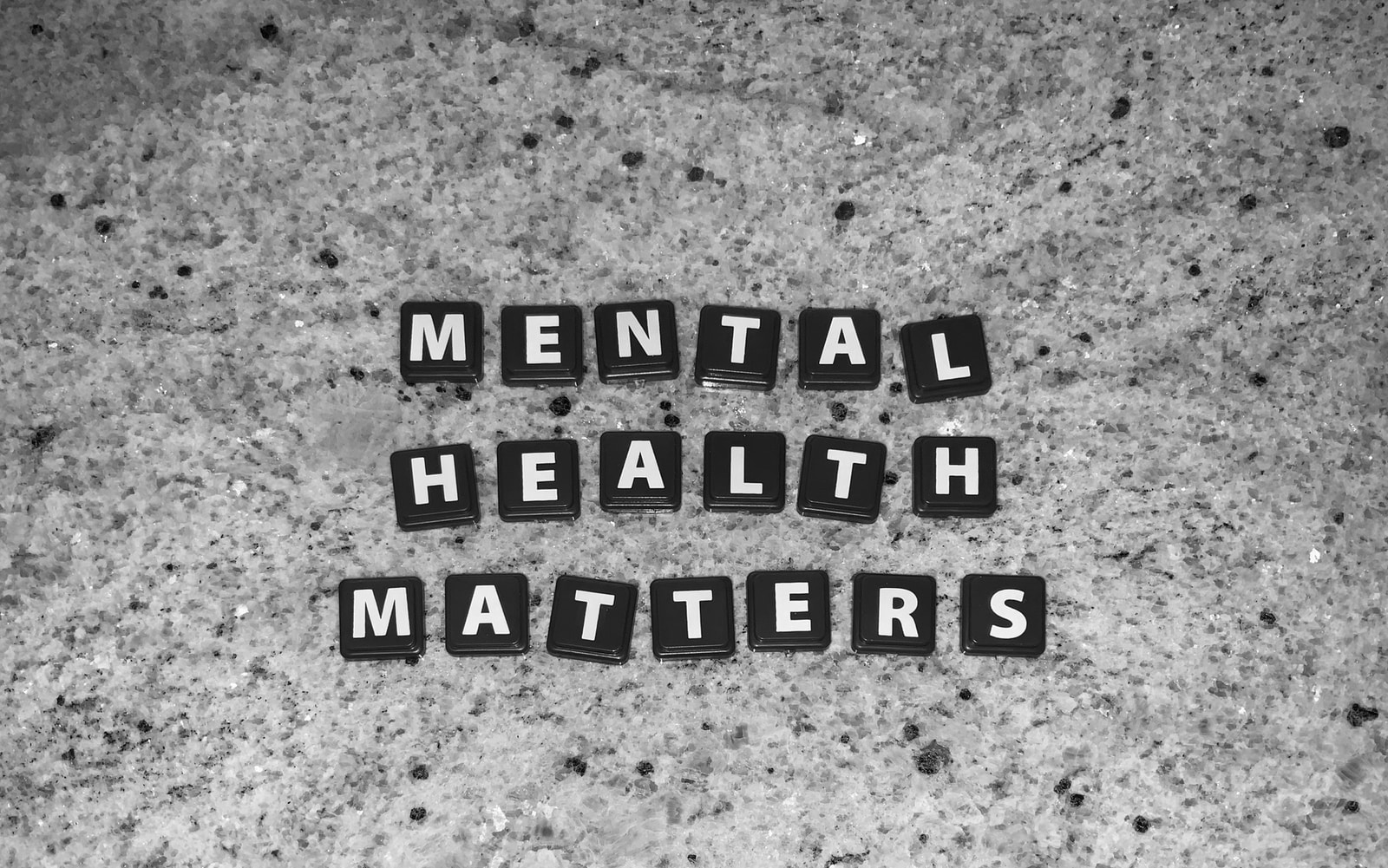How to Keep Yourself Mentally Well
Keeping yourself mentally well is important for your happiness. If you take care of your mind then, your mind will take care of you. Think of your mind as a muscle, the more you exercise it, the more it will work when you need it the most. This blog will educate you on the many ways to keep yourself mentally well.

Talking About Your Emotions
Talking about your emotions is not something you want to do because, in your head, you think no one will understand what you’re feeling. Nevertheless, people who talk about their feelings with loved ones tend to be more open.
Talking can be a way to handle a problem you’ve been carrying around on your shoulders for a while. Just being listened to, helps you feel supported and less alone. And it works. If you open up, it might encourage others to do the same. it is not always easy to express how you feeling. What thoughts come to your head? How does it make you feel?

Remember you don’t need to sit with your loved ones down for a conversation about your well-being. Many people feel comfortable for conversation to develop naturally. This can be your first step of many to be mentally well.
Keep Moving

Many experts believe exercise releases chemicals in your brain that will make you feel good. Regular exercise can boost self-esteem and help you focus, sleep and feel calm. Exercise also keeps the brain and other vital organs healthy.
Exercise doesn’t mean just doing sports or going to the gym. Taking walks in the park, gardening or doing household chores is going to keep you active and will contribute to being mentally well. Try to make habit of doing physical activities that you enjoy.
Balanced Diet

There are strong links between what we consume and our mental wellbeing. For example, sugar and caffeine can have an instant effect. But food can also have a long-lasting effect on your mental health. Your brain needs a mix of nutrients/vitamins to stay healthy and function well, just like the other organs in your body. A diet that’s good for your physical health will often be better for your mental health. Eat at least three meals each day and drink more water. Try to limit high caffeine or energy drinks and also STOP the alcohol.
Drink Sensibly

Listen here alcoholics, alcohol will change your emotional state. Some people drink to escape their emotions by drinking their troubles away. When the effects of the drinks wear off, you feel worse because of the way alcohol withdrawal symptoms affect your brain and physical wellbeing. Drinking is not a good way to manage difficult emotions.
Moreover, the damage too much alcohol can do to your body. You would crave more alcohol until there’s nothing left. Each alcohol intake gives a short term boost. But, remember there are better ways to cope.
Light drinking is perfectly healthy and enjoyable for most amount people. Stay within a recommended weekly limit. The weekly limit, that is recommended, is 14 units a week for men & women.
Most people smoke or use drugs or other substances to change how they feel. But, the effects are short-lived. Just like alcohol, the more you use, the more you crave. Nicotine and drugs don’t deal with this and will cause mental health issues. They don’t create any solutions only destroy them.
Family & Friends

Family ties and supportive friends can help you deal with the stresses of life. Your family can help you feel comfortable. They can offer a different view from whatever going on inside your mind. They can help you stay fit and healthy, keep you grounded and assist with problem-solving.
It’s worth working on relationships that make you feel loved and grounded. But if you think being surrounded by someone is going affect your mental health, it may be good advice to take a break. It’s possible to end a relationship where it feels good for both of you. It can be hard to cope when someone dies or you lose them another way. Therapy can help you grieve and help you comprehend your emotions.
How Can We Help?
If you are feeling suicidal now, you may be feeling very alone, lost, frightened, and confused. It may be that at the moment you are so overcome with feelings of sadness, despair and hatred, that you are not able to think clearly about other possibilities, other solutions, other alternatives and other ways of coping.
Agencies for support and more info:
Samaritans:
Helpline: 116 123 (free of charge from a landline or mobile)
Email jo@samaritans.org
www.samaritans.org
24 hr helpline offering emotional support for people who are experiencing feelings of distress or despair, including those which may lead to suicide.
HopeLine UK
0800 068 4141
www.papyrus-uk.org
For practical advice on suicide prevention and support to under 35s.
Premier Lifeline
0300 111 0101
www.premier.org.uk/lifeline
Helpline provides a listening service, information, emotional, and spiritual support from a Christian perspective
Muslim Youth Helpline
0808 808 2008
https://myh.org.uk
Helpline provides a listening service, information, emotional, and spiritual support from a Muslim perspective
National Suicide Helpline UK
0800 689 5652
https://www.spbristol.org/
Confidential 24hr listening service to anyone contemplating suicide run by trained volunteers from Suicide Prevention Bristol
Befrienders Worldwide
https://www.befrienders.org/
Details of emotional support centres in countries throughout the world.
Befrienders Worldwide centres provide an open space for those in distress to talk and be heard. This is via telephone helplines, SMS messaging, face-to-face, internet chat, outreach and local partnerships.


14 July 2022 @ 14:15
Thank you for sharing your info. I truly appreciate your efforts
and I am waiting for your next post thank you once again.